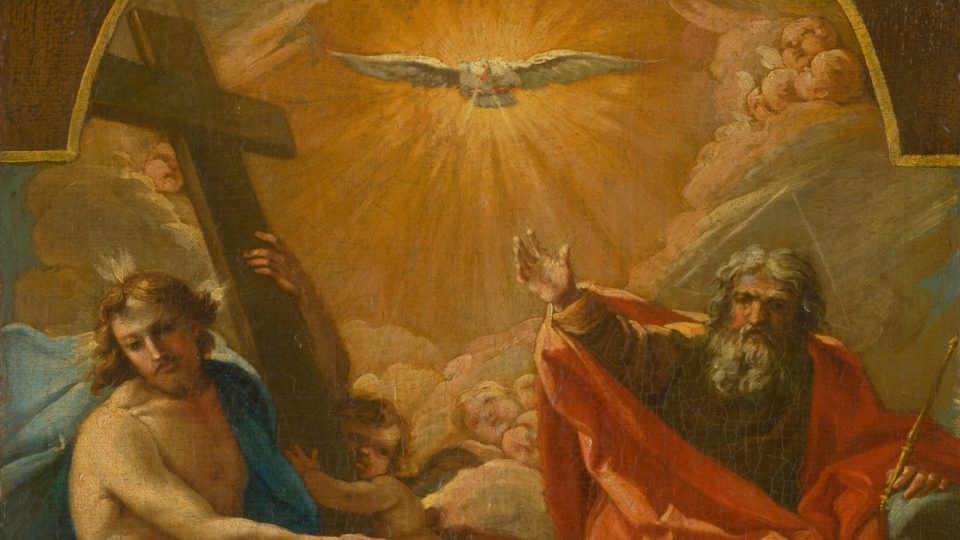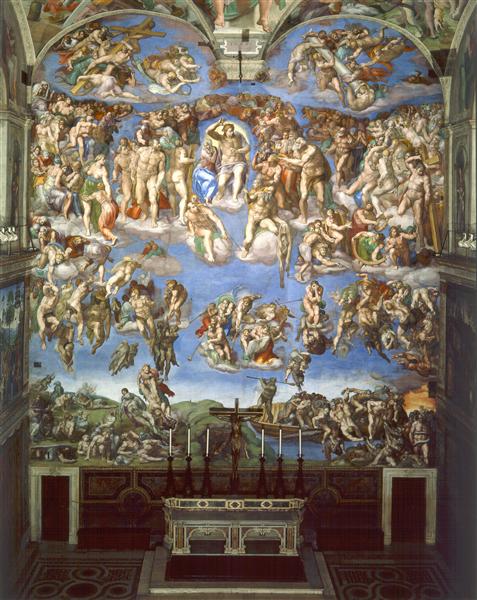Archbishop Charles J. Chaput: Papal Power and the Obedience of the Faithful

The Hamas Massacre Is A Wake-Up Call For America To Fortify Itself Against Evil, by Kyle Shideler
October 11, 2023
Terrorist Watchlist Encounters at Southern Border Up 7,450% Under Biden, Setting New FY Record, by Craig Bannister
October 11, 2023
Public domain image credit


 For Niccolo Machiavelli, Pope Julius II was the model Renaissance prince. He was highly intelligent. He was skilled at diplomacy, politics, and war. He was a visionary patron of the arts. Julius was also, according to those who served him, intensely vindictive. He was moody, humorless, and coarse, with a violent temper. He had a gift for making enemies and alienating the less worldly and more committed Christian faithful. And the result was predictable.
For Niccolo Machiavelli, Pope Julius II was the model Renaissance prince. He was highly intelligent. He was skilled at diplomacy, politics, and war. He was a visionary patron of the arts. Julius was also, according to those who served him, intensely vindictive. He was moody, humorless, and coarse, with a violent temper. He had a gift for making enemies and alienating the less worldly and more committed Christian faithful. And the result was predictable.

